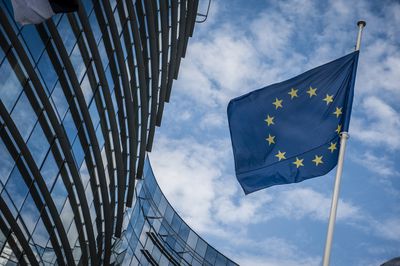So-called mobile phone "roaming" will remain free within the European Union for another decade, the European Commission has confirmed.

The governing body said that a political agreement had been reached between the member states and the European Parliament to extend the practice until 2032.
In a press release announcing the agreement to extend the free roaming policy, the European Commission said:
Citizens will be able to call, text and use mobile data while travelling within the EU at no extra costs and with the same quality they experience at home; they will have improved access to emergency communications regardless of where they are in Europe; and, they will have the right to clear information when a service they use while roaming might cause inadvertent extra charges. The regulation will enter into force on July 1st 2022.
Prior to 2017, when roaming charges were abolished in the EU, holidaymakers and business travelers across Europe would often be stung by excessive phone bills when they got home, with network operators charging exorbitant fees for calls, text, and data used abroad.
Years of campaigning saw the practice scrapped in the EU, meaning mobile customers generally no longer have to worry about roaming charges when using their phone in the EU, with most phone tariffs counting calls, texts, and data used in EU countries as equivalent to domestic use.
Commenting on the latest agreement to extend the practice, commissioner for the internal market Thierry Breton said: "Spending holidays in Greece, Austria or Bulgaria, visiting customers or suppliers in Italy or Estonia… traveling abroad without having to worry about phone bills is a tangible part of the EU Single Market experience for all Europeans."
Given that the United Kingdom has formally exited the European Union, UK residents won't be able to enjoy the benefits of free roaming when they use their phones abroad.
Indeed, when the EU trade deal was signed in December 2020, mobile operators were once again able to charge customers when traveling in Europe with "transparent and reasonable rates."
Originally, EE, O2, Three, and Vodafone, representing the largest mobile operators in the UK, stated they had no plans to reintroduce roaming charges after Brexit, but all have since announced changes, some under a "fair use" clause.























